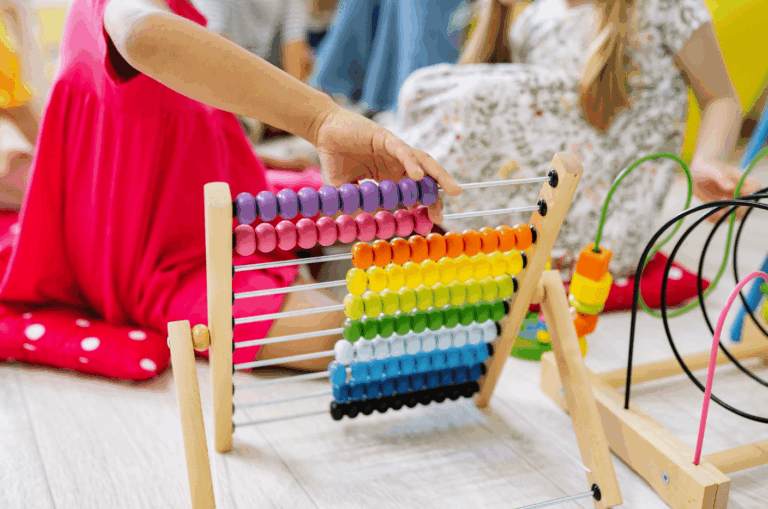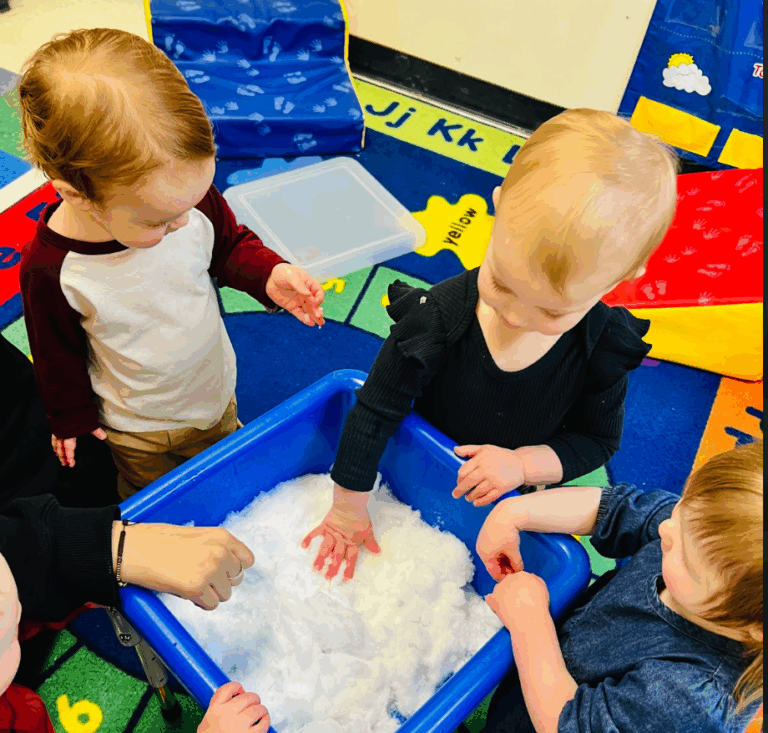Let’s be real: life is full of problems to solve. From figuring out how to get peanut butter out of hair to sharing one toy between three kids—it’s basically an Olympic sport for toddlers. Luckily, STEM education helps build those all-important problem-solving muscles from an early age.
Problem-solving isn’t just a school skill. It’s a life skill. And it starts earlier than you might think. When your preschooler figures out how to stack blocks without the tower crashing—or tries again when it does crash—they’re doing more than just playing. They’re learning how to analyze, adapt, and overcome. That’s STEM in action.
- Encourages Trial and Error STEM teaches kids that it’s totally okay to try, fail, and try again. Did their popsicle-stick bridge collapse? Time to rebuild! Kids learn persistence and flexibility—which are pretty impressive skills for someone who still naps by noon. Learning that failure isn’t the end, but part of the process, builds resilience.
- Sparks Independent Thinking When kids explore STEM, they’re encouraged to ask questions, guess what might happen, and figure things out on their own. That independent thinking gives them confidence—and yes, sometimes a LOT of questions about volcanoes. It also builds a sense of agency, helping children realize they can find solutions all by themselves.
- Promotes Logical Thinking Through activities like sorting, building, and pattern-making, kids start learning how to think critically and logically. They begin to understand that cause and effect isn’t just about what happens when you spill juice—it’s also how bridges, bubbles, and baking work. The more they practice connecting actions to outcomes, the better their decision-making skills become.
- Fosters Resilience STEM isn’t about getting it “right”—it’s about learning what works, what doesn’t, and trying again. These experiences teach kids that mistakes are just part of the journey. They build patience, flexibility, and an “I’ve got this!” attitude that lasts a lifetime. Plus, it helps them cope when things go differently than expected (like when a volcano experiment floods the table).
At STEM Child Care, we believe every preschooler is a mini scientist, inventor, and problem-solver. Our hands-on learning approach makes education feel like play—because when kids are having fun, they’re learning even more.
So the next time your child is elbow-deep in slime while explaining the phases of the moon, just smile and nod. STEM isn’t just about science—it’s about raising kids who think, question, and solve. And that’s something worth getting messy for.






